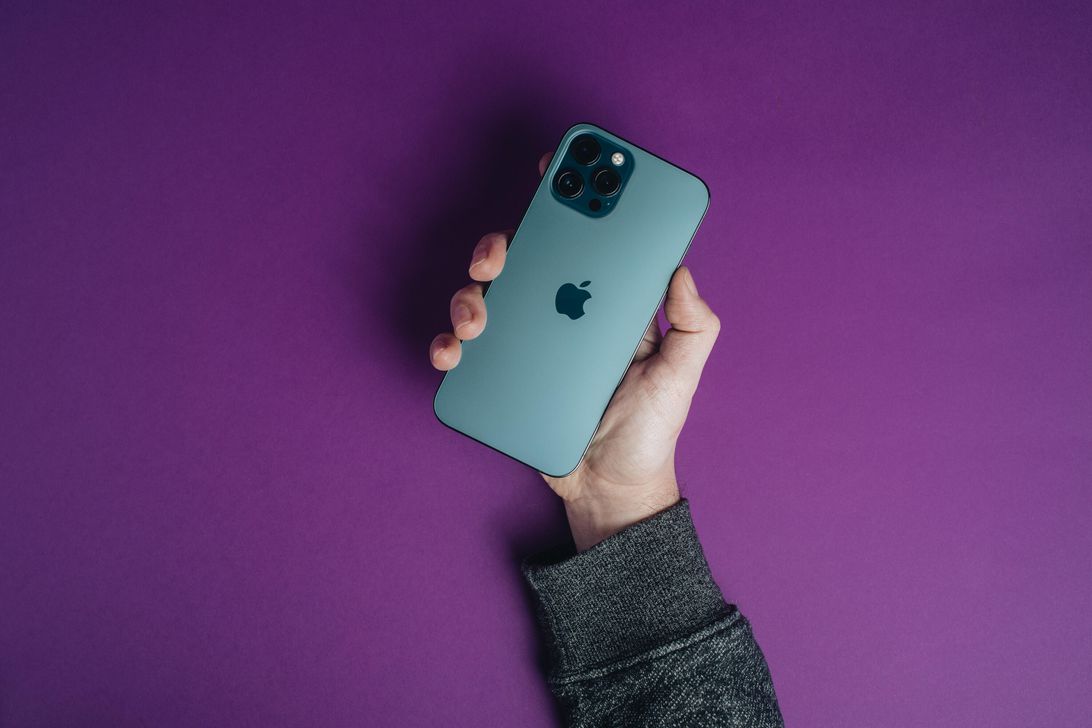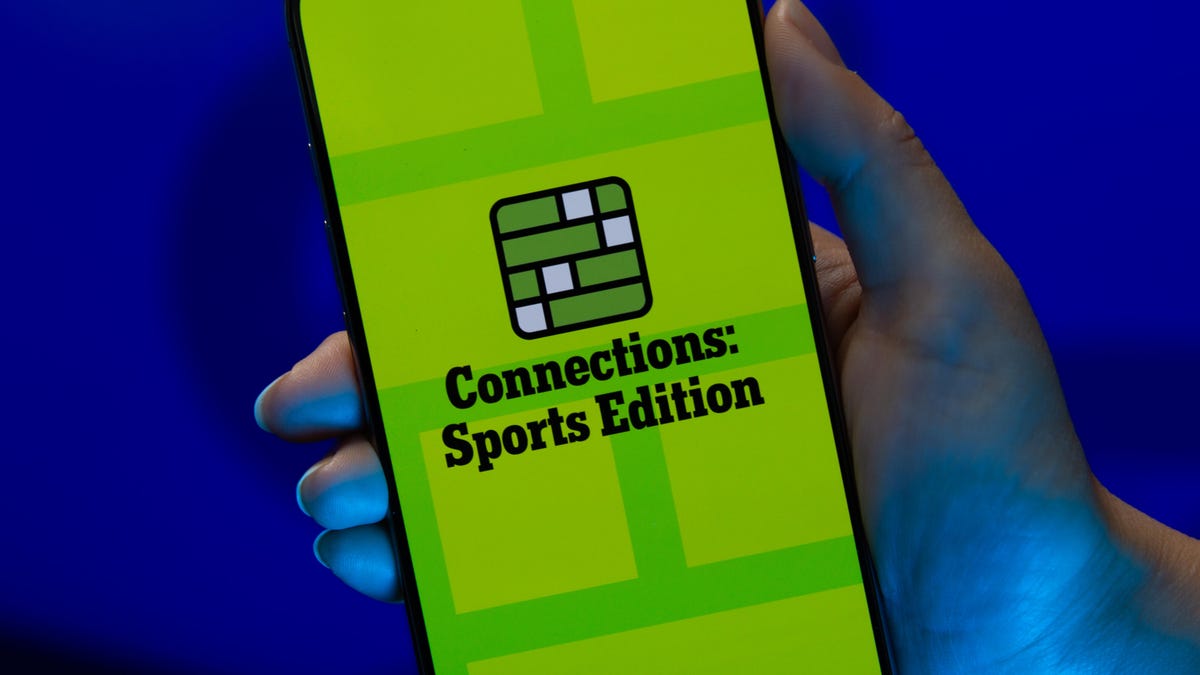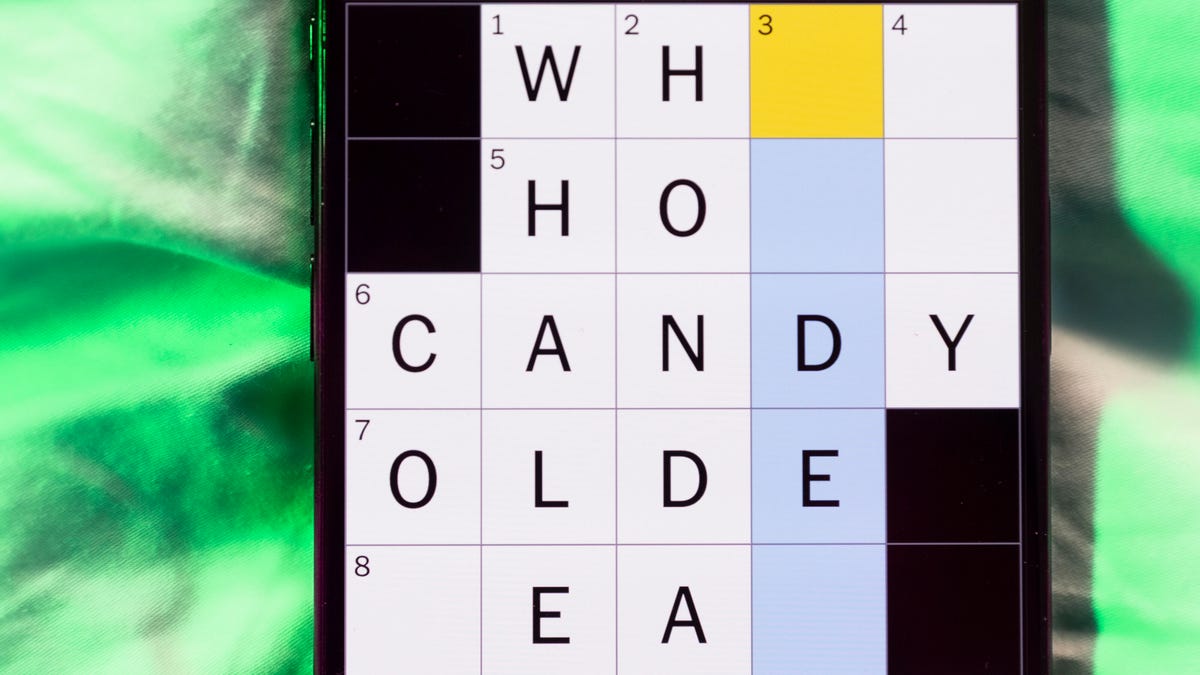Technologies
Apple, iPhones, photos and child safety: What’s happening and should you be concerned?
The tech giant’s built new systems to fight child exploitation and abuse, but security advocates worry it could erode our privacy. Here’s why.

Apple’s long presented itself as a bastion of security, and as one of the only tech companies that truly cares about user privacy. But a new technology designed to help an iPhone, iPad or Mac computer detect child exploitation images and videos stored on those devices has ignited a fierce debate about the truth behind Apple’s promises.
On Aug. 5, Apple announced a new feature being built into the upcoming iOS 15, iPad OS 15, WatchOS 8 and MacOS Monterey software updates designed to detect if someone has child exploitation images or videos stored on their device. It’ll do this by converting images into unique bits of code, known as hashes, based on what they depict. The hashes are then checked against a database of known child exploitation content that’s managed by the National Center for Missing and Exploited Children. If a certain number of matches are found, Apple is then alerted and may further investigate.
Apple said it developed this system to protect people’s privacy, performing scans on the phone and only raising alarms if a certain number of matches are found. But privacy experts, who agree that fighting child exploitation is a good thing, worry that Apple’s moves open the door to wider uses that could, for example, put political dissidents and other innocent people in harm’s way.
«Even if you believe Apple won’t allow these tools to be misused there’s still a lot to be concerned about,» tweeted Matthew Green, a professor at Johns Hopkins University who’s worked on cryptographic technologies.
Apple’s new feature, and the concern that’s sprung up around it, represent an important debate about the company’s commitment to privacy. Apple has long promised that its devices and software are designed to protect their users’ privacy. The company even dramatized that with an ad it hung just outside the convention hall of the 2019 Consumer Electronics Show, which said «What happens on your iPhone stays on your iPhone.»
«We at Apple believe privacy is a fundamental human right,» Apple CEO Tim Cook has often said.
Apple’s scanning technology is part of a trio of new features the company’s planning for this fall. Apple also is enabling its Siri voice assistant to offer links and resources to people it believes may be in a serious situation, such as a child in danger. Advocates had been asking for that type of feature for a while.
It also is adding a feature to its messages app to proactively protect children from explicit content, whether it’s in a green-bubble SMS conversation or blue-bubble iMessage encrypted chat. This new capability is specifically designed for devices registered under a child’s iCloud account and will warn if it detects an explicit image being sent or received. Like with Siri, the app will also offer links and resources if needed.
There’s a lot of nuance involved here, which is part of why Apple took the unusual step of releasing research papers, frequently asked questions and other information ahead of the planned launch.
Here’s everything you should know:
Why is Apple doing this now?
The tech giant said it’s been trying to find a way to help stop child exploitation for a while. The National Center for Missing and Exploited Children received more than 65 million reports of material last year. Apple said that’s way up from the 401 reports 20 years ago.
«We also know that the 65 million files that were reported is only a small fraction of what is in circulation,» said Julie Cordua, head of Thorn, a nonprofit fighting child exploitation that supports Apple’s efforts. She added that US law requires tech companies to report exploitative material if they find it, but it does not compel them to search for it.
Other companies do actively search for such photos and videos. Facebook, Microsoft, Twitter, and Google (and its YouTube subsidiary) all use various technologies to scan their systems for any potentially illegal uploads.
What makes Apple’s system unique is that it’s designed to scan our devices, rather than the information stored on the company’s servers.
The hash scanning system will only be applied to photos stored in iCloud Photo Library, which is a photo syncing system built into Apple devices. It won’t hash images and videos stored in the photos app of a phone, tablet or computer that isn’t using iCloud Photo Library. So, in a way, people can opt out if they choose not to use Apple’s iCloud photo syncing services.
Could this system be abused?
The question at hand isn’t whether Apple should do what it can to fight child exploitation. It’s whether Apple should use this method.
The slippery slope concern privacy experts have raised is whether Apple’s tools could be twisted into surveillance technology against dissidents. Imagine if the Chinese government were able to somehow secretly add data corresponding to the famously suppressed Tank Man photo from the 1989 pro-democracy protests in Tiananmen Square to Apple’s child exploitation content system.
Apple said it designed features to keep that from happening. The system doesn’t scan photos, for example — it checks for matches between hash codes. The hash database is also stored on the phone, not a database sitting on the internet. Apple also noted that because the scans happen on the device, security researchers can audit the way it works more easily.
Is Apple rummaging through my photos?
We’ve all seen some version of it: The baby in the bathtub photo. My parents had some of me, I have some of my kids, and it was even a running gag on the 2017 Dreamworks animated comedy The Boss Baby.
Apple says those images shouldn’t trip up its system. Because Apple’s system converts our photos to these hash codes, and then checks them against a known database of child exploitation videos and photos, the company isn’t actually scanning our stuff. The company said the likelihood of a false positive is less than one in 1 trillion per year.
«In addition, any time an account is flagged by the system, Apple conducts human review before making a report to the National Center for Missing and Exploited Children,» Apple wrote on its site. «As a result, system errors or attacks will not result in innocent people being reported to NCMEC.»
Is Apple reading my texts?
Apple isn’t applying its hashing technology to our text messages. That, effectively, is a separate system. Instead, with text messages, Apple is only alerting a user who’s marked as a child in their iCloud account about when they’re about to send or receive an explicit image. The child can still view the image, and if they do a parent will be alerted.
«The feature is designed so that Apple does not get access to the messages,» Apple said.
What does Apple say?
Apple maintains that its system is built with privacy in mind, with safeguards to keep Apple from knowing the contents of our photo libraries and to minimize the risk of misuse.
«At Apple, our goal is to create technology that empowers people and enriches their lives — while helping them stay safe,» Apple said in a statement. «We want to protect children from predators who use communication tools to recruit and exploit them, and limit the spread of Child Sexual Abuse Material.»
Technologies
Today’s NYT Connections: Sports Edition Hints and Answers for Nov. 29, #432
Here are hints and the answers for the NYT Connections: Sports Edition puzzle for Nov. 29, No. 432.

Looking for the most recent regular Connections answers? Click here for today’s Connections hints, as well as our daily answers and hints for The New York Times Mini Crossword, Wordle and Strands puzzles.
It’s Rivalry Saturday, so Connections: Sports Edition gives a big game a nod with two caregories. If you’re struggling with today’s puzzle but still want to solve it, read on for hints and the answers.
Connections: Sports Edition is published by The Athletic, the subscription-based sports journalism site owned by The Times. It doesn’t appear in the NYT Games app, but it does in The Athletic’s own app. Or you can play it for free online.
Read more: NYT Connections: Sports Edition Puzzle Comes Out of Beta
Hints for today’s Connections: Sports Edition groups
Here are four hints for the groupings in today’s Connections: Sports Edition puzzle, ranked from the easiest yellow group to the tough (and sometimes bizarre) purple group.
Yellow group hint: Fire it on in there.
Green group hint: Buckeyes.
Blue group hint: Wolverines.
Purple group hint: Not double.
Answers for today’s Connections: Sports Edition groups
Yellow group: Baseball pitching feats.
Green group: Associated with Ohio State.
Blue group: Associated with Michigan.
Purple group: Triple ____.
Read more: Wordle Cheat Sheet: Here Are the Most Popular Letters Used in English Words
What are today’s Connections: Sports Edition answers?
The yellow words in today’s Connections
The theme is baseball pitching feats. The four answers are immaculate inning, no-hitter, perfect game and shutout.
The green words in today’s Connections
The theme is associated with Ohio State. The four answers are dotting the I, gray, scarlet and The Horseshoe.
The blue words in today’s Connections
The theme is associated with Michigan. The four answers are blue, Hail to the Victors, maize and The Big House.
The purple words in today’s Connections
The theme is triple ____. The four answers are A, crown, double and play.
Technologies
Today’s NYT Mini Crossword Answers for Saturday, Nov. 29
Here are the answers for The New York Times Mini Crossword for Nov. 29.

Looking for the most recent Mini Crossword answer? Click here for today’s Mini Crossword hints, as well as our daily answers and hints for The New York Times Wordle, Strands, Connections and Connections: Sports Edition puzzles.
Need some help with today’s Mini Crossword? It’s Saturday, so it’s a long one. Read on for all the answers. And if you could use some hints and guidance for daily solving, check out our Mini Crossword tips.
If you’re looking for today’s Wordle, Connections, Connections: Sports Edition and Strands answers, you can visit CNET’s NYT puzzle hints page.
Read more: Tips and Tricks for Solving The New York Times Mini Crossword
Let’s get to those Mini Crossword clues and answers.
Mini across clues and answers
1A clue: Hockey disks
Answer: PUCKS
6A clue: Signature headwear for Mr. Monopoly
Answer: TOPHAT
7A clue: Seedy establishment?
Answer: NURSERY
8A clue: Bioweapon at the center of a 2001 envelope scare
Answer: ANTHRAX
9A clue: Cleverly skillful
Answer: ADROIT
10A clue: Sleeping enclosure for a pet dog
Answer: CRATE
11A clue: Picks up the tab
Answer: PAYS
Mini down clues and answers
1D clue: Play, as a film character
Answer: PORTRAY
2D clue: Ultimate consequences
Answer: UPSHOTS
3D clue: Sweetheart, in French
Answer: CHERIE
4D clue: 24-___ gold
Answer: KARAT
5D clue: River in which Achilles was dipped (except for his heel!)
Answer: STYX
6D clue: Frozen landscape
Answer: TUNDRA
7D clue: Civil rights org. co-founded by W.E.B. Du Bois
Answer: NAACP
Don’t miss any of our unbiased tech content and lab-based reviews. Add CNET as a preferred Google source.
Technologies
Repair Your Electronics at Home With This Rare Black Friday Discount on the iFixit Pro Tech Go Toolkit
This toolkit rarely goes on sale, so take advantage of this opportunity to snag it for only $40.

While Black Friday is an excellent time to replace old smartphones or broken laptops at a discount, not everyone is looking to splurge on new tech right now. If you’re shopping on a budget, or simply like the devices that you have and aren’t ready for an upgrade, investing in an electronics repair kit may be a wise option. We’ve spotted a discount on the iFixit Pro Tech Go tech toolkit, bringing its price down to just $40. But don’t delay, Black Friday is in its final hours and this kit rarely goes on sale.
The iFixit Pro Tech Go kit can be used to open up and repair a wide range of electronics, including smartphones, laptops, gaming consoles, and smart home devices for DIY repairs like battery or screen replacements. The kit has a 32-bit Moray driver kit, an opening tool, a suction handle, a jimmy, a spudger and angled tweezer to carefully open your devices.
Don’t miss any of our unbiased tech content and lab-based reviews. Add CNET as a preferred Google source.
Repairing your own tech can save you hundreds or even thousands of dollars. It also reduces e-waste by helping your devices last longer rather than throwing them away over minor issue. As of this year, all 50 states have introduced right-to-repair legislation designed to give people a legal right to fix their own tech, and several states have already signed it into law.
You can check out more deals from iFixIt now on Amazon. Plus, for other budget buys, check out our roundup of the best Black Friday deals under $100.
MOBILE DEALS OF THE WEEK
-
$749 (save $250)
-
$475 (save $175)
-
$499 (save $300)
-
$900 (save $400)
Why this deal matters
This is a record low price on a repair kit that rarely goes on sale. While we did see a modest discount on the iFixit Pro Tech Go toolkit during Amazon Prime Day in July, it was not marked down for October Prime Day or other sales such as Memorial Day or Labor Day. As such, it’s fairly unlikely that we’ll see it go on sale again this season, so this might be your last chance to get the toolkit for only $40.
Join Our Daily Deals Text Group!
Get hand-picked deals from CNET shopping experts straight to your phone.
By signing up, you confirm you are 16+ and agree to receive recurring marketing messages at the phone number provided. Consent is not a condition of purchase. Reply STOP to unsubscribe. Msg & data rates may apply. View our Privacy Policy and Terms of Use.
-

 Technologies3 года ago
Technologies3 года agoTech Companies Need to Be Held Accountable for Security, Experts Say
-

 Technologies3 года ago
Technologies3 года agoBest Handheld Game Console in 2023
-

 Technologies3 года ago
Technologies3 года agoTighten Up Your VR Game With the Best Head Straps for Quest 2
-

 Technologies4 года ago
Technologies4 года agoBlack Friday 2021: The best deals on TVs, headphones, kitchenware, and more
-

 Technologies4 года ago
Technologies4 года agoVerum, Wickr and Threema: next generation secured messengers
-

 Technologies4 года ago
Technologies4 года agoGoogle to require vaccinations as Silicon Valley rethinks return-to-office policies
-

 Technologies4 года ago
Technologies4 года agoOlivia Harlan Dekker for Verum Messenger
-

 Technologies4 года ago
Technologies4 года agoiPhone 13 event: How to watch Apple’s big announcement tomorrow
